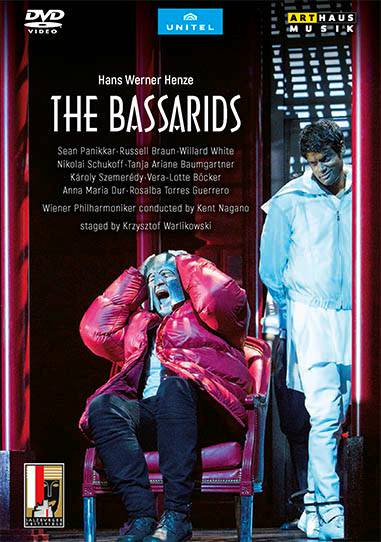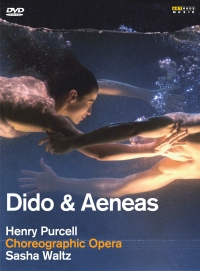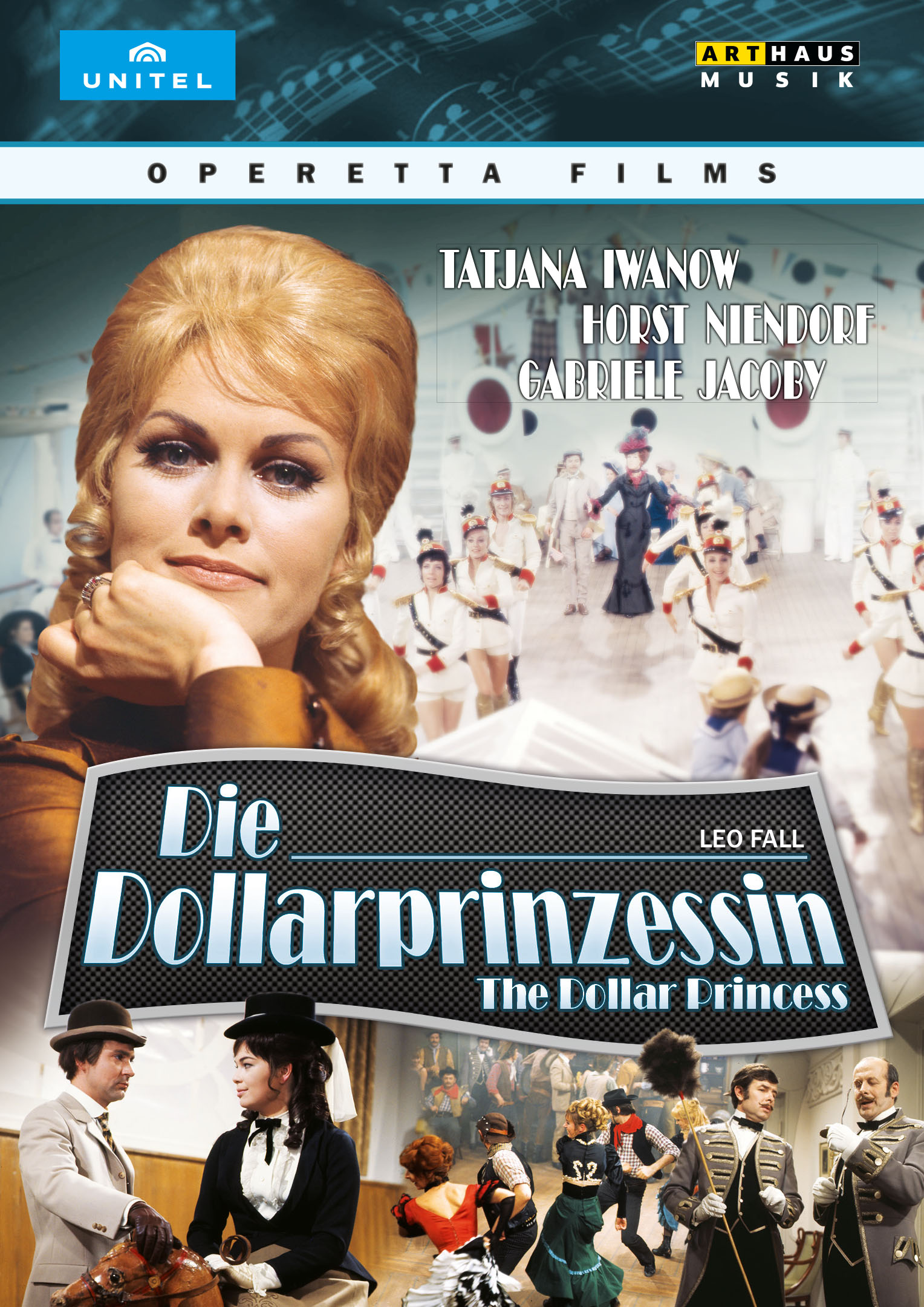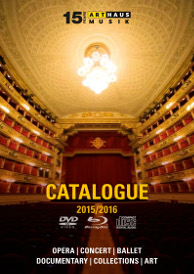
DIE BASSARIDEN



DIE BASSARIDEN
Soloists:
Sean Panikkar, Russell Braun, Willard White, Nikolai Schukoff, Tanja Ariane Baumgartner, Vera-Lotte Böcker
Orchestra, Chorus:
Wiener Philharmoniker, Konzertvereinigung Wiener Staatsopernchor
Conductor:
Kent Nagano
Director:
Krzysztof Warlikowski
52 years after their premiere, Hans Werner Henze’s The Bassarids return, with Kent Nagano at the helm, to the Salzburg Festival for a rare revival of this modern classic in a highly dramatic psychological staging by Krzysztof Warlikowski. Aware of the story’s up-to-dateness, the director showcases the stark conctrast between Dionysus, who preaches intoxicating excesses and sensuality, and his cousin King Pentheus, who leads a life marked by purity and asceticism. The personified battle between the two protagonists leads the royal family at least into disaster. Star conductor Kent Nagano, who was close to Henze, includes “The Judgment of Calliope” in the festival Bassarids, a 20-minute section included in the original score, which adds a new dimension to the opera’s presentation of the Dionysian cult. The performance at the Felsenreitschule had without exception an outstanding cast with the young US tenor Sean Panikkar in the role of Dionysus, Russel Braun as his opponent Pentheus but also Tanja Ariane Baumgartner and Vera-Lotte Böcker who has been singing at the highest level. To sum up: “A completely gripping new production” (Frankfurter Allgemeine Zeitung)
Label:
Arthaus Musik
Genre:
Oper
Running Time:
165 min.
Picture Format:
16:9
Sound Format:
PCM Stereo, DTS 5.1
Number of Discs:
2
Region:
0
Subtitle Languages:
EN, DE, JP, KOR
EAN:
4058407094128
UPC:
4058407094128

Henry Purcell
Henry Purcell’s opera Dido & Aeneas, completed in 1689, was the subject of a memorable and breathtaking performance at the Staatsoper Berlin in 2005. In Dido & Aeneas Sasha Waltz opens up new horizons in music theatre, creating a fusion of dance, singing and music – the choreographic opera. The (extended, revised)(...)

Leo Fall
Leo Fall was born in Olmütz (Moravia) in 1873 and died in Vienna in 1925. As with Lehár, his father was the conductor of an imperial military band. Having inherited the same musical talent, he began playing the violin at the age of five – a further parallel to Lehár – and later studied at the Vienna Academy of Music. In(...)









 PDF Download (5,5 MB)
PDF Download (5,5 MB) PDF Download (6,7 MB)
PDF Download (6,7 MB)